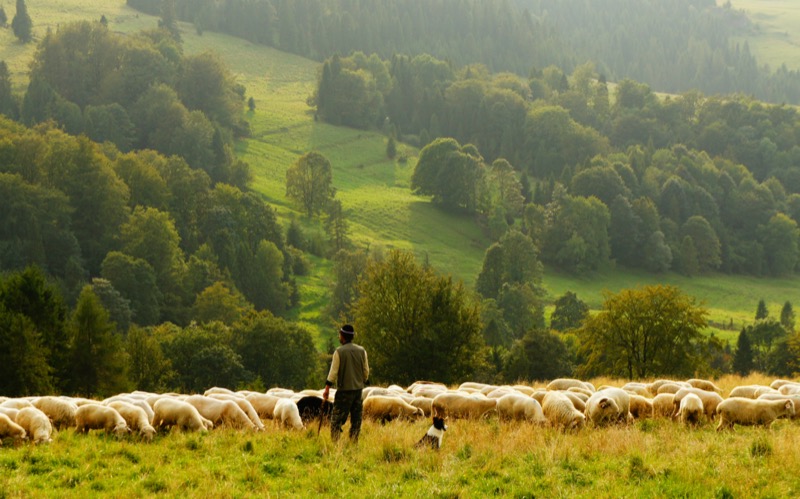Nature at Heart of Decision-Making in New ‘Irish Forum on Natural Capital’
Posted on: 18 June 2015
The Irish Forum on Natural Capital (IFNC) is being launched on Thursday, June 18th, at the Trinity Enterprise Centre, Trinity College Dublin. This inter-agency group comprises over 180 members from the public, private, academic and NGO sectors who are interested in enshrining the full value of Ireland's environment in political and economic decision-making.
Through the collaboration and leadership of its diverse members, the Forum will build on the significant momentum it has generated thus far to execute a two-year strategy across four key areas: policy, business, communications and research.
The organisation’s ultimate aim is to help to value, protect and restore Ireland’s natural capital and ecosystem services by supporting the adoption of natural capital concepts in public policy and corporate strategy, promoting informed public and private sector decision-making and assisting in the establishment of a national natural capital accounting standard.
Natural capital is the world's stocks of physical and biological resources, including air, water, minerals, soils, fossil fuels and all living things. These stocks work together to deliver food, materials and fuel, clean water, purified air, decomposition of wastes, medicine, pest control, flood regulation and carbon sequestration.
These services are essential for society, but because they are not valued in the economic system, they are treated as if they are free. As a result, they are exploited to the extent that many are in decline and some are showing signs of failure.
In Ireland, we place huge emphasis on agricultural production, but we don’t place anything like the same emphasis on the systems enabling that production.

No sensible factory owner would ignore rattles or rust in the machinery, but in Ireland we seem to think that these signs – biodiversity loss, water pollution, soil degradation and rising carbon emissions, in natural capital terms – somehow don't matter, as if we’re exempt from the laws of ecology, biology, chemistry and physics.
“Ireland has the potential to generate value in all sectors of society and business by thinking about nature in a different way,” said Professor of Botany in the School of Natural Sciences at Trinity, Dr Jane Stout.
She added: “Gone are the days when we only needed nature for farming, sites for houses and beautiful views. We now know that we need nature for much, much more than that, and there are great opportunities to be had by valuing, protecting and restoring it.”
Research has shown that nature is worth more than most people realise: a conservative estimate in 2008 found Ireland's natural capital to be worth at least €2.6bn per year.
On a global scale, environmental damage caused by human activities was valued at USD$6.6tr for 2008, but this could reach as much as USD$28.6tr/year by 2050 if ‘business as usual’ continues.
“Investing in nature delivers significant financial returns too,” added Dr Stout. “Research this year found that the world’s National Parks generate spending in excess of $600bn per year – that’s a 60:1 rate of return on the $10bn per year that’s spent safeguarding them.”
Media Coverage
